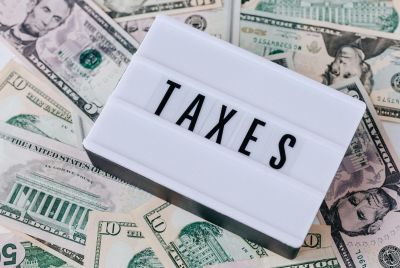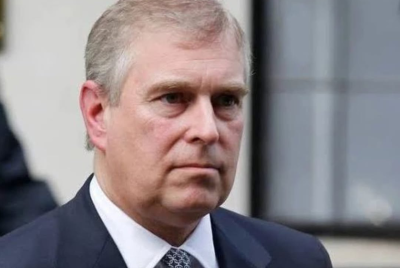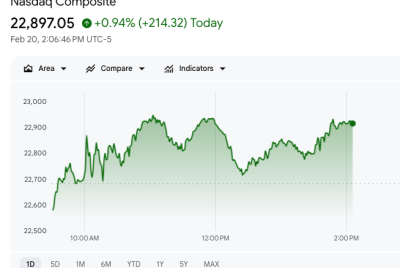Qantas, Singapore up fuel surcharge, Cathay warns on oil impact
Qantas Airways
The rise in Qantas's surcharge was the second from Australia's biggest carrier in as many months.
It said fuel costs could rise to A$2 billion in the second half of its financial year that runs to June from A$1.7 billion in the first half. At a combined A$3.8 billion, that would top fuel costs of A$3.28 billion in 2009/10.
Singapore Airlines increased its surcharge for the third time since December and it will closely monitor fuel prices.
The price of jet fuel is now above $130 per barrel, which is the highest in two years, it said.
NYMEX crude, used as a benchmark for global oil prices, has risen about 14 percent so far this year to $104.5 a barrel, flirting with its highest level since 2008.
U.S. airlines, including JetBlue Airways Group
Ticket prices haveto go up by about 5-6 percent just to accommodate the extra cost on their oil, said Andrew Herdman, director general of industry body Association of Asia Pacific Airlines.
He said the sector globally uses 1.6 billion barrels of oil a year. He estimated that airlines made a combined profit in 2010 of $16 billion, but all else being equal a $10 rise in oil prices would wipe that out this year.
Fuel accounts for up to a third of an airline's operating cost, and a steep price rise could hurt the industry's efforts to recover from the effects of the global financial crisis.
Cathay Pacific reported a higher-than-expected record profit for 2010, helping its shares rally on the day by more than 4 percent. But rising costs for airlines have seen its shares fall close to 12 percent since the start of 2011.
It warned of tougher times.
With regard specifically to fuel, increased oil prices can be expected to have a significant adverse effect on profitability if they are not recovered through higher tariffs or fuel surcharges or if the effect of their being so recovered is to reduce demand significantly, Chairman Christopher Pratt said in a statement.
Qantas said jet fuel prices have risen 12 percent since February to more than $131 a barrel.
In February, Qantas raised its international fuel surcharge between 35 percent and 53 percent, depending on the route.
This increased cost to our capital intensive business is something we, and other airlines, have to manage very carefully via hedging activities as well as surcharge and fare increases, said Alan Joyce, chief executive officer at Qantas.
The increases today will still not recover the full impact of these latest oil and fuel price rises.
International business accounts for just under half of Qantas' revenue. The surcharge increase ranges from A$30 to A$45 per ticket, with the biggest increase on flights to Europe, it said.
Qantas shares climbed 0.4 percent to A$2.34 a share in a Sydney market down 0.8 percent. But Qantas shares are down 7.8 percent so far this year in a flat broader market.
($1=0.990 Australian Dollars)
(Editing by Ed Davies, Anshuman Daga and Neil Fullick)
© Copyright Thomson Reuters {{Year}}. All rights reserved.





















